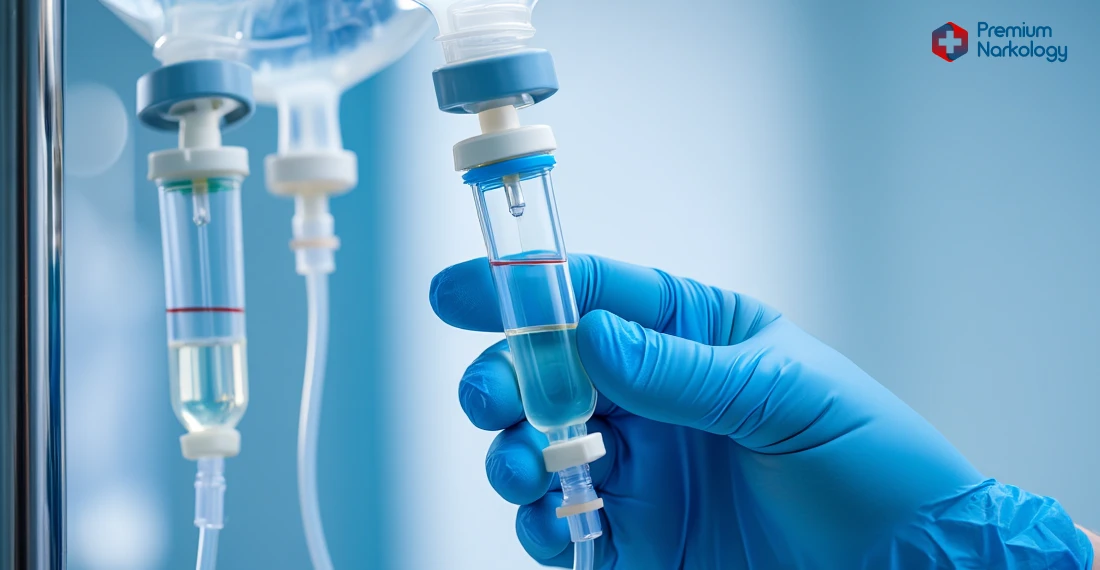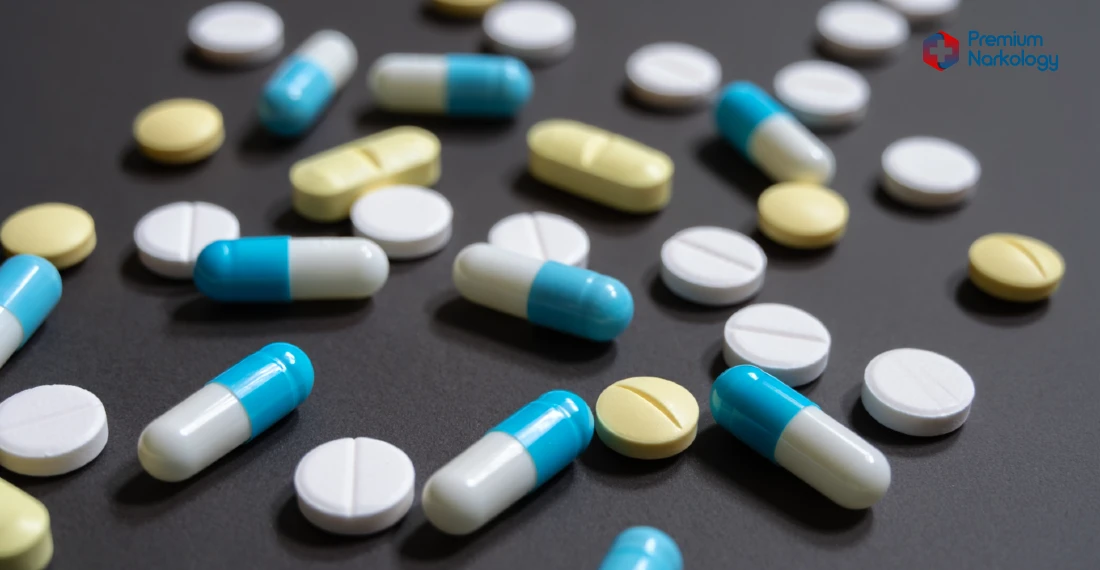
Alcohol occupies a well-deserved leading place in the list of harmful and dangerous habits. The Ministry of Health warns about the dangers of alcohol, doctors say, and remind people who can no longer cope with pathological dependence on ethanol. But a real obstacle on the way to alcoholism can be honest information about what processes occur against the background of intoxication and regular alcohol consumption.
Myths that alcohol can be useful have been around for a long time. During the Second World War, Stalin introduced a prescribed dose of alcohol for the military: People's Commissariat 100 grams of vodka, which were supposed to warm the soldiers, strengthen their morale and stop the feeling of fear. Long before that, alcohol was used in the formulation of medicinal tinctures used to treat diseases.
Already in the middle of the twentieth century, scientists began to talk about the need to introduce control over the amount of alcohol consumed. The "dry law" announced by the Central Committee of the KPPC had a bad impact on the state budget, but the number of people dying from poisoning with ethyl alcohol, as a result of accidents in a state of intoxication, and from somatic pathologies associated with alcoholism has sharply decreased.
Today, there is a lot of scientifically confirmed information in the public domain, from which it follows that:
Nevertheless, many people continue to believe that a certain amount of alcohol, as well as expensive drinks, can benefit. To refute this opinion, it is necessary to consider various scientific studies conducted by scientists about the dangers of alcohol.
The fact that ethyl alcohol is included in the composition of many medicinal products often becomes the basis for the opinion that alcohol can be used as a healing agent capable of stopping various diseases and prolonging life expectancy.
However, there is official data that at least 3.2% of deaths occurring per year are caused by alcohol. This means that as a result of a bad habit and its associated consequences, at least 1,800,000 people die annually.
In 1996, Murray and Lopez made calculations of the time that could be spent on work, socially useful things and other activities, but which were given to alcohol addiction. In 1990, about one million people died from alcohol-related diseases, which is equivalent to almost 50,000,000 years of life.
Are there any official scientific studies published in peer-reviewed scientific journals and approved by the scientific community that could substantiate the opposite point of view and prove that alcohol can be useful, strengthen health and prolong life? So far there is no information about such studies.
Ethyl alcohol, which is part of any alcoholic beverage, is C2H2OH, refers to fatty narcotic substances. If any alcoholic beverage, such as wine or beer, enters the digestive tract, ethanol is immediately absorbed into the blood. It takes no more than 15 minutes for half of the total amount of ethanol to enter the human blood and be distributed in tissues:

In addition to the harm caused by the decomposition products of ethanol on these organs, harm to the hematopoietic system is also known. The negative effect of alcohol on the blood is complex, that is, it is associated with the effect of ethanol on the blood and liver damage, impaired filtration capacity of the kidneys, changes in nutrition, etc.
With timely access to a doctor, the composition of the blood and the function of the hematopoietic system can be restored. The doctor will prescribe medications to reduce lipids in the blood, prescribe blood transfusion procedures or iron preparations. But without giving up alcohol, these measures will not be effective, and ethyl dependence will lead to severe pathologies.
Diseases of the respiratory system are relevant for the modern healthcare system. The number of cases of atypical pneumonia has increased over the past 5-7 years, and with the spread of coronavirus infection, which provokes a special form of lung inflammation, scientists have become actively engaged in lung diseases.
Little is known about the direct harm of ethanol on the respiratory system: almost everyone has heard about alcoholic cirrhosis of the liver or beer heart syndrome, but the scientific literature has never mentioned diseases: alcoholic pneumonia or wine lung syndrome. And completely in vain: back in the 19th century , a surgeon from America B.Rush noticed that the consumption of ethyl alcohol is associated with pneumonia. Doctors also noticed that tuberculosis and pneumonia are much more severe in alcoholics. This was later confirmed by scientific studies, when it turned out that ethyl alcohol leads to:
In 1996, an article was published in which information was published about an increase in the likelihood of developing a distress syndrome in addicts: a condition in which inflamed lung tissue is not fully functional, so oxygen inhaled by a person is not delivered to vital organs and tissues.
Modern research proves that regular drinkers are several times more likely to encounter:
There are also acute processes when, after drinking alcohol, a person is faced with the accumulation of fluid in the lungs, severe respiratory failure, and death.
It has been scientifically proven that ethyl alcohol and the products formed during its decay can change the functions of cells of the immune system:
This means that a person who regularly drinks alcohol is more likely to encounter infections, since his immune system cannot provide the necessary resistance to viruses, bacteria and fungi.
Another consequence is autoimmune processes, a violation in the work of immunity, when the body begins to destroy its own cells, taking them for antigens. These diseases cannot be eliminated completely, and hormonal treatment used to stop and slow down these processes leads to many complications and side effects. According to statistics, every year the number of people with various autoimmune diseases increases, while there are still no funds to provide them with adequate medical care.

Due to the large amount of substances that make up the drinks that can be bought in most supermarkets, it increases the risk of developing an allergic reaction. In addition to the relatively harmless consequences of pathological immunity, in the form of a skin rash, there is also anaphylactic shock, Quincke's edema and other life-threatening complications.
Cancer is one of the most terrible diagnoses that everyone is afraid to hear from a doctor. The factors that can definitely cause cancer are not fully understood, but most doctors talk about the role of heredity, stress and an unhealthy lifestyle.
Alcohol at the same time plays an important role in the prevention of cancer. Acetaldehyde, which is formed during the breakdown of ethanol in the body, is a carcinogen, which means it can provoke cancer. It is known that it causes:
Animal studies have confirmed that inhalation of alcohol vapor leads to cancer of the respiratory system, and oral administration of ethanol increases the risk of liver and bone marrow cancer several times. If a person drinks alcohol at the same time as smoking, it increases the risk of cancer of the oral cavity, mouth and esophagus.
Many scientific papers are devoted to the effect of ethanol on the pancreas.
Thus, the only organs that are least susceptible to cancer in alcoholics are the bladder and prostate. That does not reduce the risk of developing other pathologies of these organs in alcoholics.
The toxic effect of ethanol extends to other organs.
The best way to reduce the harm of alcohol is to stop drinking completely. There is no safe dose or less harmful drinks. If it is difficult for a person to give up ethanol, even if they are aware of its negative impact on health, they need to consult a narcologist.
You can learn about the effects of alcohol and how to treat alcoholism from a reliable source from a specialist. In the narcological clinic "Premium Clinic" anonymous consultations are held on the round-the-clock hotline 8 800 555-14-67.

Стаж работы 16 Лет
Дата проверки: 14 Сентября 2025

Отеки после алкоголя: причины и устранение проблемы
Какими бы ни были причины отечности, она является характерным сигналом...
21.01.2021


Запой: механизм развития, причины, симптомы, лечение
Запой – продолжительный прием спиртного в течение нескольких дней. По...
24.03.2021

Алкоголизм: причины развития, признаки, лечение
Алкоголизм – заболевание, при котором формируется стойкая психологическая, физиологическая зависимость...
24.03.2021

Какие таблетки от похмелья самые эффективные?
Что помогает при похмелье? Эффективных и доступных способов достаточно, и бороться...
06.05.2021

Через сколько времени после алкоголя можно за руль, какие факторы на это влияют
Ежегодно в России происходят сотни дорожных аварий по вине пьяных...
07.06.2021

Проблема алкоголизма в России
Алкоголизм в России стал широко распространенным заболеванием: пьющих людей легко...
15.07.2021

Как уснуть с похмелья: методы эффективной борьбы с этим критическим состоянием
Похмелье - мучительное состояние, одно из ярких проявлений сильной алкогольной...
31.08.2021

